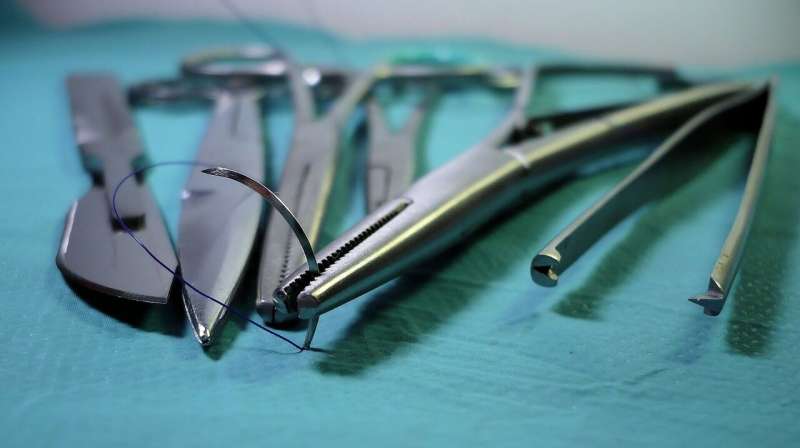

Urinary incontinence is a common complaint among adults with severe obesity. The majority of adults with urinary incontinence who undergo Roux-en-Y gastric bypass or sleeve gastrectomy, the two most common types of weight loss surgery, can reasonably expect enduring improvements in urinary incontinence, according to a new study published today in JAMA Network Open.
Wendy C. King, Ph.D., epidemiologist at the University of Pittsburgh School of Public Health, and colleagues followed 1,227 men and women enrolled in the Longitudinal Assessment of Bariatric Surgery-2 study. Participants, who had a median age of 46 prior to surgery, were surveyed about urinary incontinence episode frequency before and annually after surgery.
Preoperatively, 52% of female participants reported at least weekly urinary incontinence, which fell to 20% at year 3 postoperative and was 30% at year 7; among males, 25% reported at least weekly urinary incontinence preoperatively, which fell to 10% at year 3 and 15% at year 7.
The researchers said that, despite a small backslide from years 3 to 7, when some weight regain is common, the continued durability of these improvements is particularly notable given the increased risk of urinary incontinence that would be expected due to aging.
“Obesity is a risk factor for urinary incontinence, which negatively affects quality of life,” said King. “Durable improvement in urinary incontinence is an important benefit of modern-day bariatric surgical procedures, which should be discussed with patients with severe obesity when making treatment decisions.”
More information:
Seven-Year Durability of Improvements in Urinary Incontinence After Roux-en-Y Gastric Bypass and Sleeve Gastrectomy, JAMA Network Open (2022). DOI: 10.1001/jamanetworkopen.2022.46057
Journal information:
JAMA Network Open
Source: Read Full Article